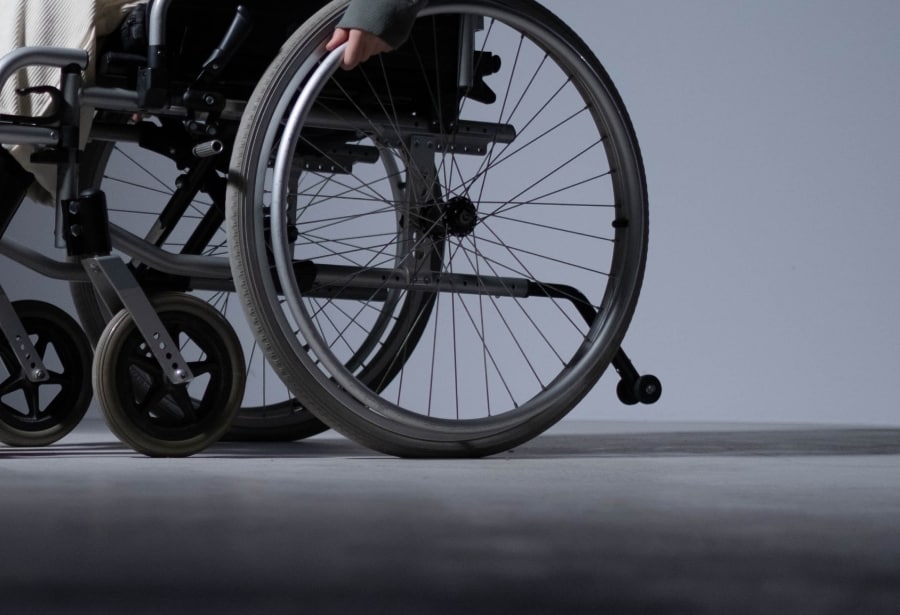Proposed MHRA framework aims to reduce duplication of medical device assessments internationally
Yesterday, the Medicines and Healthcare products Regulatory Agency (MHRA) published a statement of policy intent for international recognition of medical devices, which includes some assistive technologies like powered wheelchairs, hearing aids, and prosthetics.
The statement of policy intent describes how the UK Government intends to recognise regulatory approvals from Australia, Canada, the EU, and the USA depending on device type, class, and prior approval.
The MHRA continues to review the list of comparable regulator countries and is in active discussions with the Pharmaceuticals and Medical Devices Agency (PMDA) to explore the recognition of medical device approvals from Japan.
Importantly, the statement of policy intent focuses on ensuring safe access to quality-assured medical devices and reducing the duplication of assessments by comparable regulators to enable resource to be focused on more innovative products for the benefit of patient health.
This statement will also allow manufacturers to start considering whether their devices will be eligible for the proposed alternative routes to market, MHRA underlines.
To be eligible for the proposed framework, medical devices will need to:
- Comply with the relevant legislation in a comparable regulator country.
- Have English language labelling and packaging.
- Comply with Great Britain requirements for electronics compatibility (frequency, voltage and plug type), units of measurement, and labelling materials of concern where applicable.
- Have all aspects of the device be in line with the device that is currently authorised in the comparable regulator country, including the design, manufacturing process, and intended purpose.
- Have a UK responsible person, the name and address of which will be included on the label (this may be via over-labelling, and MHRA will also investigate the ability for digital labelling or digital label solutions).
- Have a physical unique device identifier (UDI) on parts and labels in compliance with the requirements in the UK Medical Devices Regulations or the comparable regulator country.
- Comply with the new post-market surveillance (PMS) requirements in the UK Medical Devices Regulations which are expected to come into force in 2024.
The proposed framework would provide a certificate of international recognition that will grant devices access to the Great Britain market but would not provide a UKCA marking or UKCA certification. MHRA underlines that manufacturers of medical devices would still have the option to use the UKCA marking to place devices on the Great Britain market.
Dr Laura Squire, Chief Quality and Access Officer of the MHRA, said: “Today’s announcement is an important step forward towards a robust MedTech regulatory framework that prioritises patient safety, gives patients access to the medical devices they need and ensures the UK remains an attractive market for medical technology innovators.
“We will continue to work on how our intended policy on international recognition of medical devices will operate in practice. By sharing the draft policy now, we aim to give greater clarity about the MHRA’s future direction of making regulatory approvals simpler, where it is safe to do so. At the same time, we remain fully committed to the UKCA marking for medical devices.
“We continue to expand capacity in UK Approved Bodies and to work to ensure UKCA marking supports safe and earlier access to the most innovative and transformative medical products.”
The proposed framework is still in draft, and the final version would be integral with the future core regulations.
Last year, the MHRA launched the Innovative Devices Access Pathway (IDAP) pilot, which is designed to support the rapid development of innovative technologies that can be introduced into the NHS to address unmet clinical needs for patients and healthcare professionals at the earliest opportunity.

